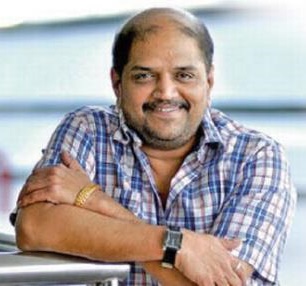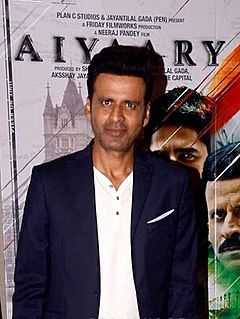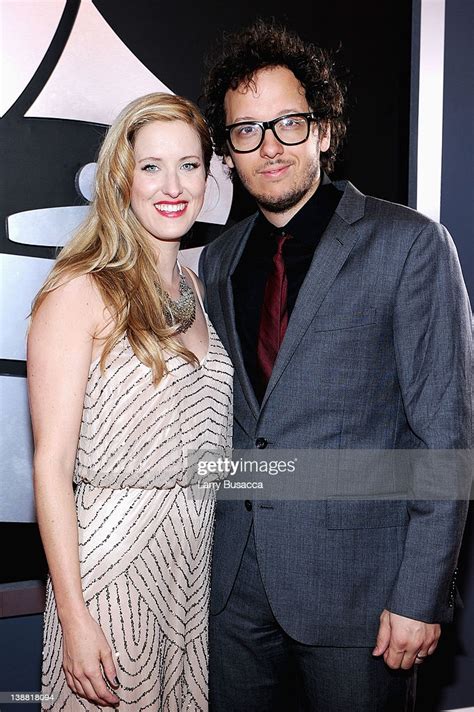A Quote by Jonathan Franzen
The Mekons were kind of like the background music of my life.
Quote Topics
Related Quotes
I think we did our first session in 1958. There were no black background singers - there were only white singers. They weren't even called background singers; they were just called singers. I don't know who gave us the name 'background singers,' but I think that came about when The Blossoms started doing background.
So rather than really have, like a close relationship to anything that's coming out today, people are just, they've got it on as background music. It's kind of the same way the cabdrivers use music; it's very disposable. But, that doesn't mean there aren't a great number of artists who are doing things to change that.
He shook his head. "Some people think that they like music, but they have no idea what it's really about. They're kindding themselves. Then there are people who feel strongly about music, but just aren't listening to the right stuff. They're misguided. And then there are people like me."
"People like you," I said. "What kind of people are those?"
"The kind who live for music and are constantly seeking it out, anywhere they can. Who can't imagine a life without it. They're enlightened."
I kind of grew up a guitar nerd and I tried to figure out how to shred on an acoustic guitar as a kid, while listening to jazz or whatever. So that is kind of a different thing and my church background, growing up with worship kind of the ground that I learned how to play music from. Those are all odd ways of growing up, compared to most people, so I think the music has plenty of uniqueness in that.
Other memories stick, no matter how much you wish they wouldn’t. They’re like a song you hate but can’t ever get completely out of your head, and this song becomes the background noise of your entire life, snippets of lyrics and lines of music floating up and then receding, a crazy kind of tide that never stops.


































